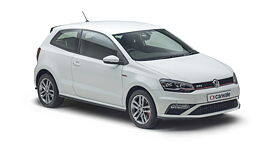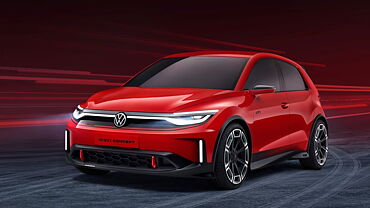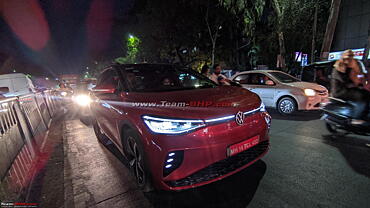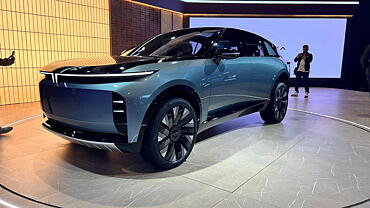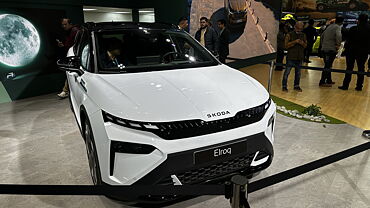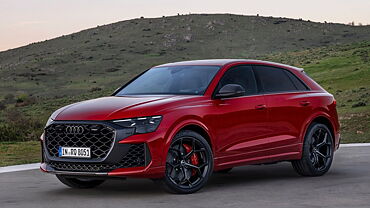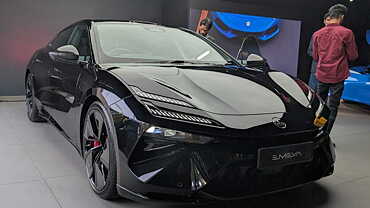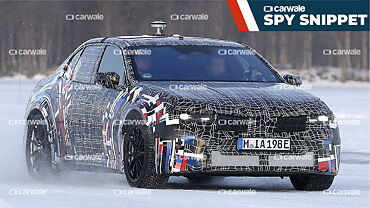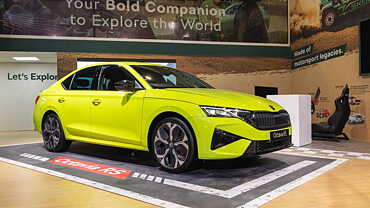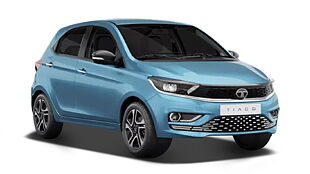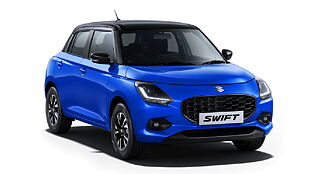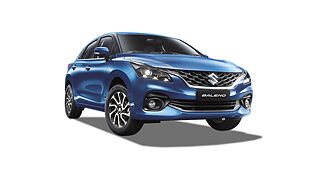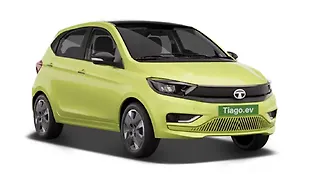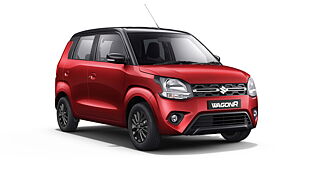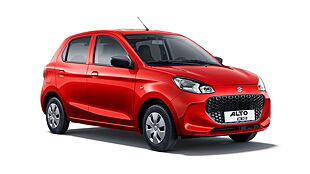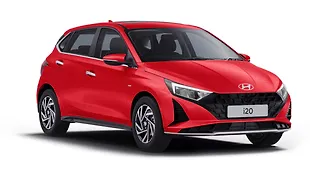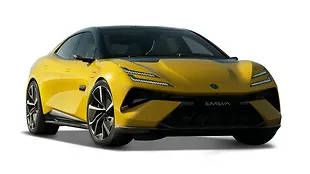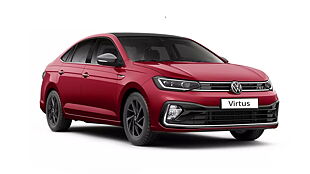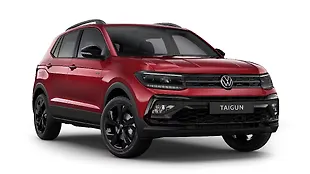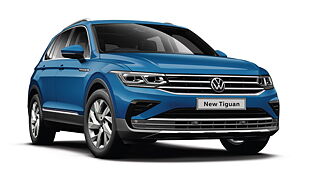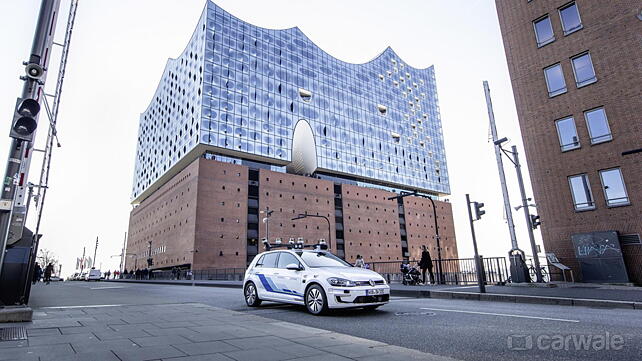
- First test drives in real driving conditions in a major German city
- Specially equipped fleet of e-Golf1 for automated driving to Level 4
- Each car in the fleet has eleven laser scanners, seven radars and 14 cameras
Volkswagen has announced that it is testing automated vehicles in urban traffic in Hamburg. This is the first time VW has begun to test automated driving to Level 4 at real driving conditions in a major German city. From now, a fleet of five e-Golf, equipped with laser scanners, cameras, ultrasonic sensors and radars, will drive on a three kilometer section of the digital test bed for automated and connected driving in the Hanseatic city.
The results of the test drives, which will be continuously evaluated taking full account of all data protection rules, will be incorporated in the Group’s research projects on automated driving, and will test customer-centric services and optimize individual transport.
A nine kilometer digital test bed for automated and connected driving is currently being constructed in the city of Hamburg, with completion scheduled for 2020. To that end, the city is also upgrading traffic lights with components for infrastructure-to-vehicle (I2V) and vehicle-to-infrastructure (V2I) communication.
The e-Golf configured has eleven laser scanners, seven radars and 14 cameras. Up to 5 gigabytes of data are communicated per minute during the regular test drives, each of which lasts several hours. Computing power equivalent to some 15 laptops is tucked away in the boot of the e-Golf. This enormous computing capacity ensures that data on pedestrians, cyclists, other cars, intersections, rights of way, parked vehicles and lane changes in moving traffic are captured over the shortest distances and in milliseconds. Despite the diversity and complexity of the information, the artificial intelligence used in the vehicle software must register all relevant objects and respond to them without triggering any false alarms. Several different artificial intelligence approaches are used: these include deep learning, neural networks and pattern recognition.
For safety reasons, specially trained test drivers will be seated behind the steering wheel during all test drives in Hamburg to constantly monitor all driving functions and intervene in an emergency. Furthermore, all data protection rules will be fully taken into account.

